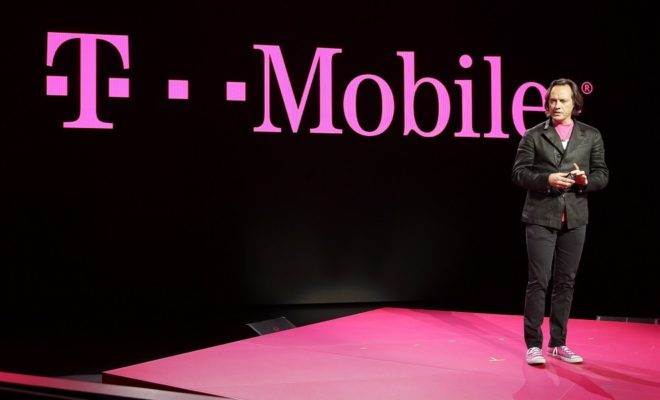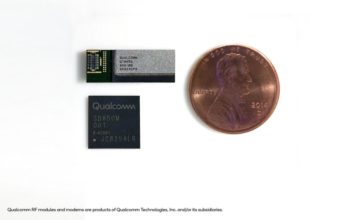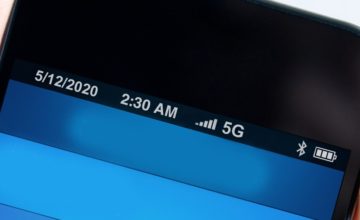In the recent federal AWS-3 spectrum auction, T-Mobile only put up a fraction of the money that AT&T and Verizon put up when bidding. After the auction, T-Mobile’s CEO John Legere penned a piece where he blasted the FCC, calling the spectrum auction a “disaster” for American wireless consumers when it comes to competition in the industry. AT&T’s winning bids totaled $18.2 billion, Verizon won $10.4 billion worth of bids, and T-Mobile’s winning bids were just under $1.8 billion. The auction has given AT&T a boost to catch up to Verizon in spectrum control. Now ,Verizon has stated they have enough spectrum, and won’t need to participate in the next spectrum auction scheduled to take place in 2016. Legere points out that Verizon and AT&T own over 70% of low band spectrum, which will be the type of spectrum offered up at the next auction in 2016, a most attractive type of spectrum to carriers due to the penetrating capabilities of low bands. If Verizon does indeed sit the next one out, and it comes down to bidding wars of AT&T vs. T-Mobile vs. Sprint, under the current rules it will once again be unlikely either Sprint or T-Mobile will be able to compete financially in the auction if AT&T goes all-in, and from what we have seen historically it will be unlikely T-Mobile’s parent company Deutsche Telekom will come to the rescue and put the pennies up to back their American subsidiary in such an auction.
The FCC auction was parceled on a market-by-market basis with multiple winning bids in each region. FierceWireless.com published a breakdown of the auction results with maps and analyses how AT&T is catching up to Verizon.




